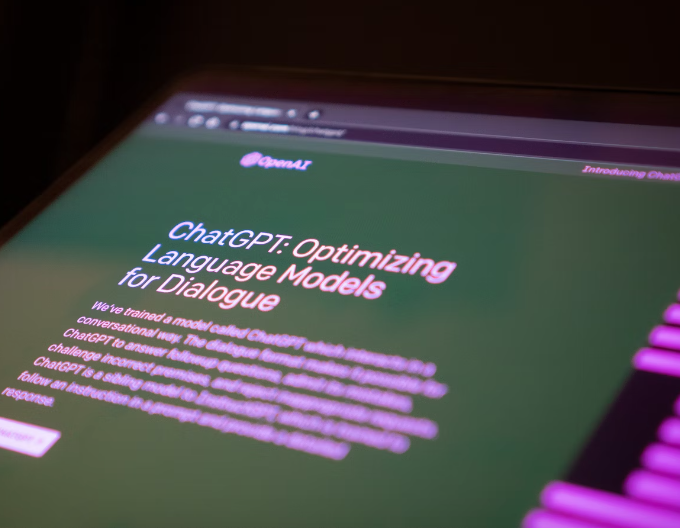OpenAI and Microsoft are currently embroiled in a class-action lawsuit filed by nonfiction authors, including Julian Sancton, over allegations of unauthorized use of their works to train AI systems, particularly OpenAI's chatbot ChatGPT. Julian Sancton, the lead plaintiff, has accused the companies of using copyrighted materials from nonfiction authors' works and academic journals without their consent. The lawsuit also brings to light Microsoft's involvement in training and developing the AI models, solidifying its role as a defendant in this legal battle.
The Legal Allegations
Sancton, a New York Times-bestselling author, alleges that OpenAI and Microsoft utilized nonfiction books, including his own, to train their large language models, resulting in what the lawsuit describes as the "rampant theft of copyrighted works." The complaint contends that while the AI platform generated by the companies is immensely valuable, nonfiction authors were neither compensated nor given consent for the use of their intellectual property, highlighting the significant commercialization of AI models by OpenAI and Microsoft.
Evolution of Legal Challenges
This lawsuit is part of a series of copyright-related legal actions faced by OpenAI and Microsoft, with notable literary figures and authors previously filing similar claims of copyright infringement. Notably, the involvement of Microsoft in this lawsuit adds a significant dimension to the legal proceedings, highlighting the company's deep investment in OpenAI and integration of its AI systems into its products. The lawsuit represents the first class-action lawsuit related to ChatGPT that names Microsoft as a defendant, marking a new phase in the legal battles faced by the tech giants.

Company Responses
While OpenAI has previously asserted that the content generated by ChatGPT does not constitute a "derivative work" and therefore does not infringe on copyright, the company has declined to provide further comment on the pending litigation. Similarly, Microsoft has not addressed the allegations in response to inquiries. The lawsuit seeks monetary damages and a court order to block the alleged infringement, reflecting the seriousness of the legal challenges faced by OpenAI and Microsoft in the realm of AI training and intellectual property rights.
Implications and Future Perspectives
The outcome of this lawsuit could have widespread implications for the AI industry, particularly in terms of the ethical use of copyrighted materials for training AI models. As the boundaries of AI training methods are tested in the legal arena, the case involving OpenAI and Microsoft's alleged use of nonfiction works without consent underscores the growing importance of ensuring ethical and legal compliance in AI development. The legal battle serves as a reminder of the complexities and responsibilities associated with leveraging intellectual property for technological advancements and commercial gain.
This class-action lawsuit significantly amplifies the legal challenges faced by OpenAI and Microsoft, shedding light on the contentious issue of unauthorized use of nonfiction works for AI training. As the legal proceedings unfold, the case underscores the increasing scrutiny on AI development practices and the imperative to navigate the intersection of technology, intellectual property, and ethical considerations.




